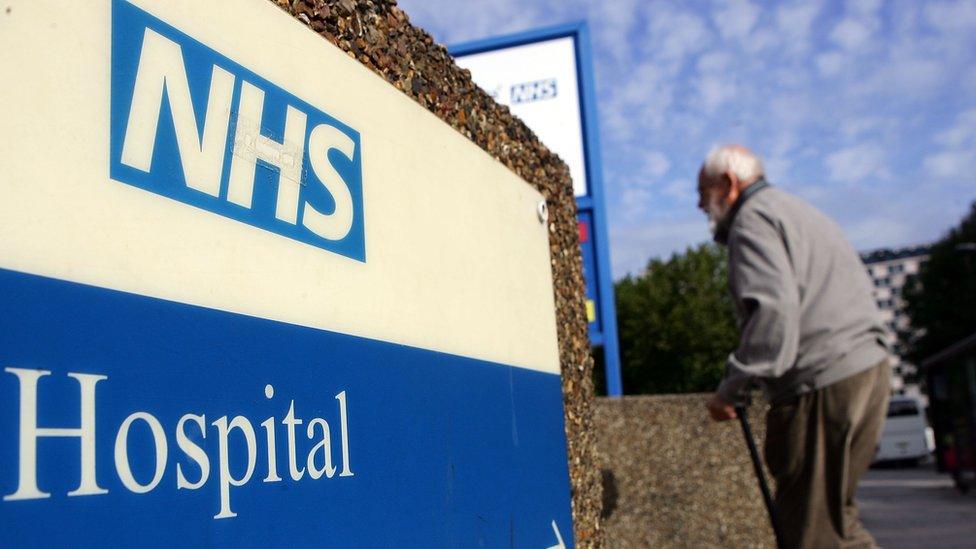Average English council tax bill to rise 4% - survey
- Published
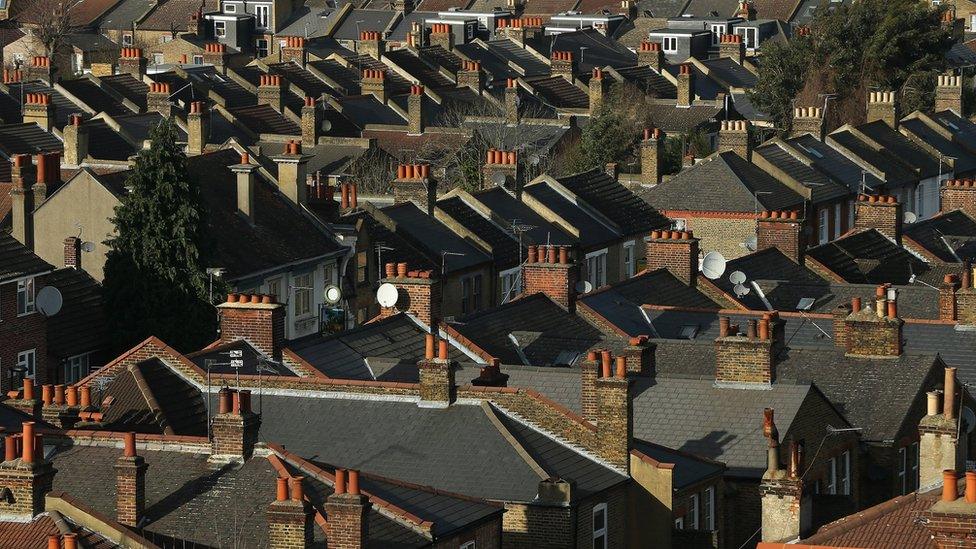
Average council tax bills in England will rise by 4% in April, reaching almost £1,600 annually, a survey for public finance experts suggests.
The Chartered Institute of Public Finance and Accountancy said households face the largest rise in a decade.
There were 307 responses to its survey on bills for Band D properties, sent to all 420 English authorities.
The government said council tax was expected to be lower at the end of this parliament in real terms than in 2010.
Reality Check: What's the deal with council tax increases?
There are eight different council tax bill bands, based on the value of the property.
According to CIPFA, the above-inflation rise will take the average Band D bill across England to £1,590.53, an increase of £60.94.
It said the average increase includes contributions for police, fire, the Greater London Authority, and those without social care responsibilities.
Authorities with responsibility for social care are permitted to raise bills by up to 4.99% without triggering a referendum.
Smaller councils excluded from social care obligations can increase bills by up to 1.99%.
CIPFA said its survey indicated that 70% of the authorities responsible for social care were taking advantage of the extra 3% rise available to them.
The survey suggested among the authorities entitled to impose an additional social care precept - English counties, unitaries, metropolitan districts and London boroughs - the average increase on a Band D property would be 4.3%, 4.8%, 4.9% and 3.9% respectively.
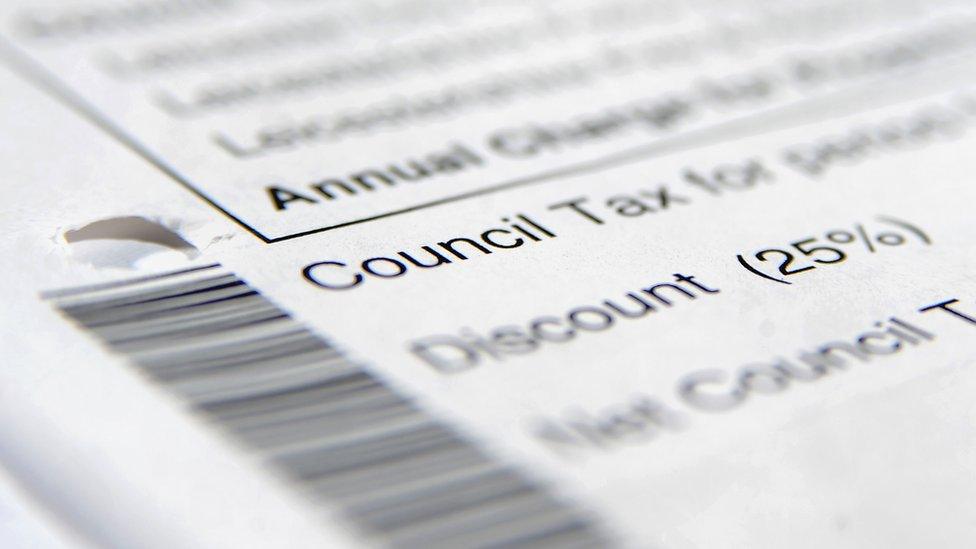
Sean Nolan, director for local government at CIPFA, said the expected rise in council tax bills comes after six years of very low increases.
He said this was actively encouraged by the government, which had offered a grant if councils did not raise bills.
"The subsequent removal of this freeze grant shows a clear shift in public policy in general, but also a reflection of the strains being caused by social care pressures."
A spokesman for the Department for Communities and Local Government said it had "protected" residents by allowing them to veto excessive rises at a referendum.
He said a four-year funding settlement gives local authorities "the certainty they need to plan ahead", with almost £200bn being made available.
He added: "We've also announced an additional £900m for social care, meaning councils will have £7.6bn of dedicated funding to spend over this period."
- Published3 March 2017
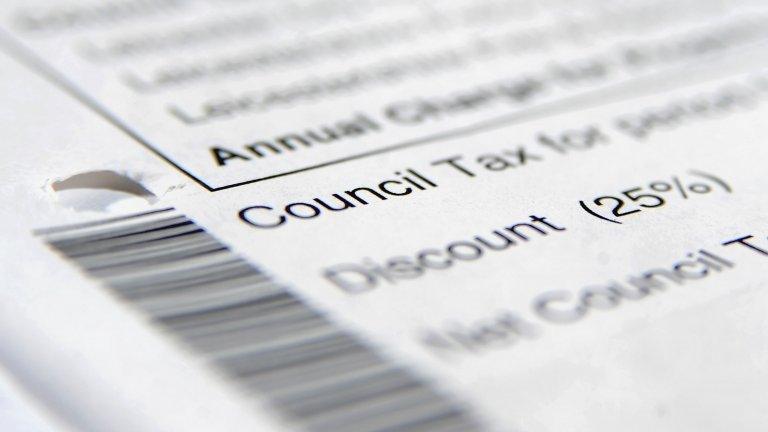
- Published10 February 2017
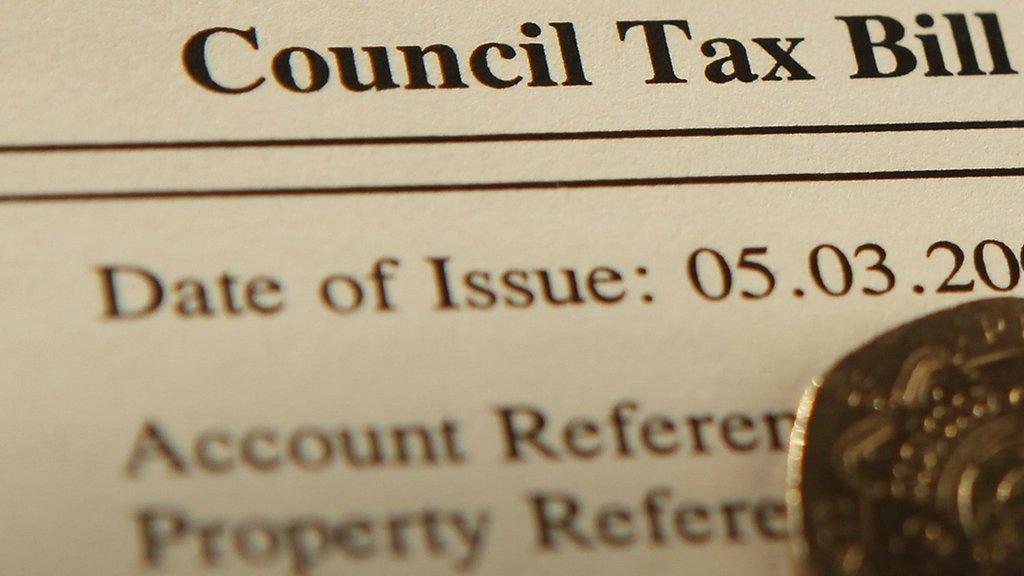
- Published10 February 2017
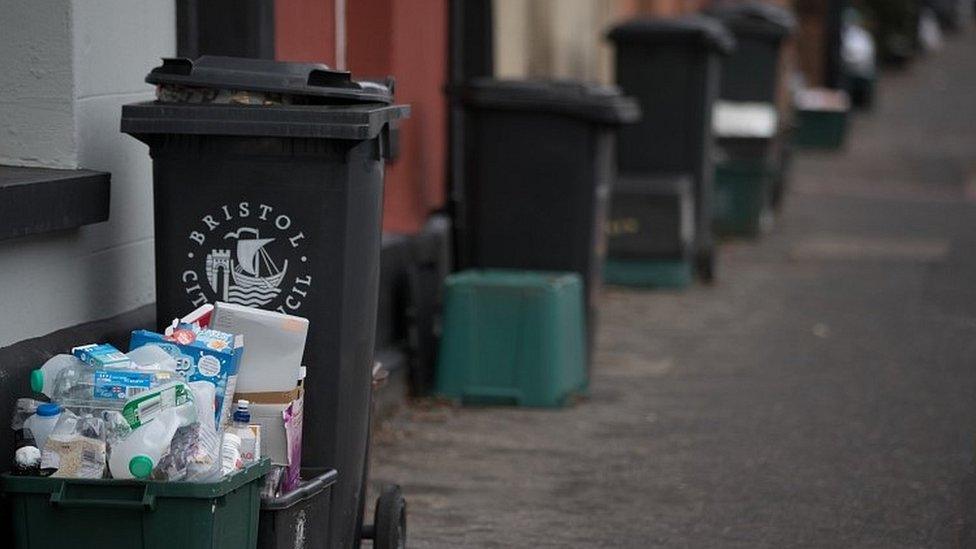
- Published15 December 2016
